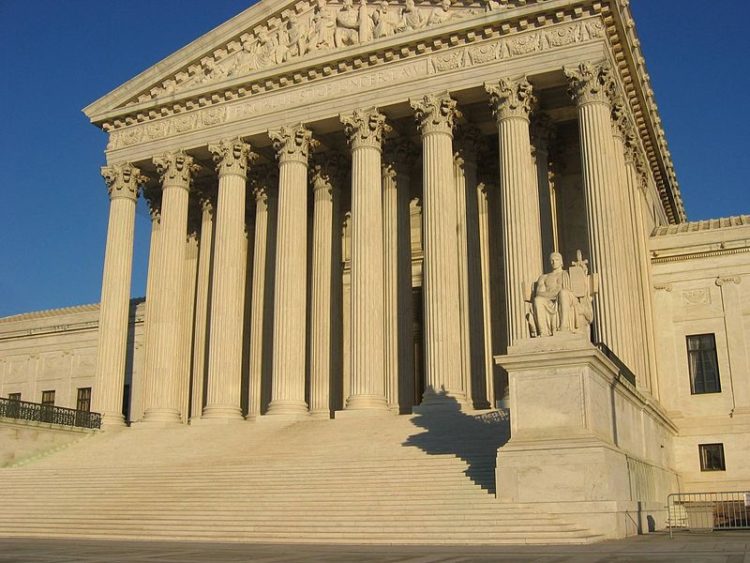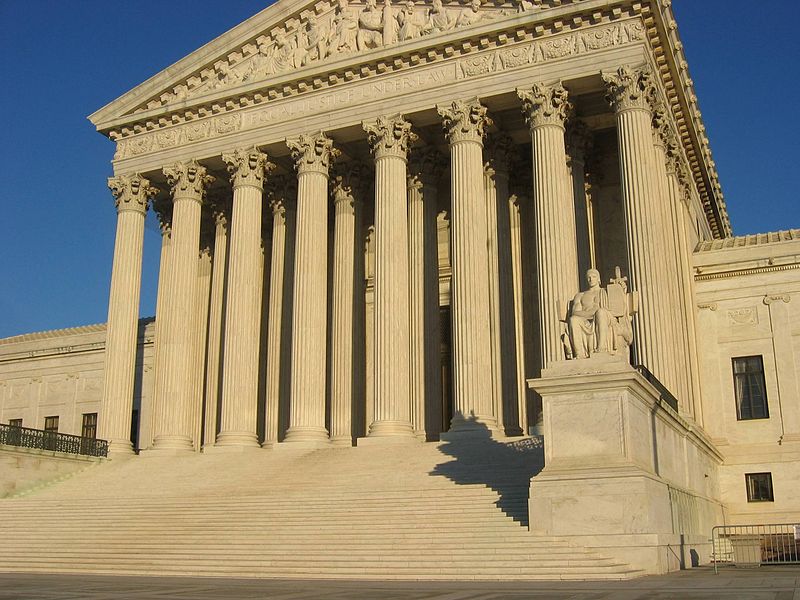
Attention: Liz Cheney, R-Wyo @Liz_Cheney
U.S. Senator Mike Enzi @SenatorEnzi
CC: Rocky Mountain Department of Justice
For Immediate Release March 3, 2019:
Media Contact:
Protect The Wolves™ Pack
406-219-8690
Roger Dobson Director of Tribal Relations
Patricia Herman President
More Informattion or Press inquiries
Dear Liz Cheney, Mike Enzi,
We are putting you on notice that the laws or management plans that you are attempting to enact regarding Our Sacred Brother Grizzlies are in direct Violation of the U.S. Constitution, and as such you need to withdraw your Grizzly Bear Management Plan because you are attempting to prohibit Judicial Review.
Further no Senator or a member of Congress who having taken an oath as either a member of Congress or Senate shall have engaged in insurrection or rebellion against the same, for which by your total disregard for the U.S. Constitution could possibly result in. Members are further prevented from giving comfort to the members of such. Which in effect your attempt to prevent the Management Plan from being Judicially reviewed is pandering to the Ranching and Hunting Lobbies which could be considered members of insurrection.
Should you refuse to withdraw this attempt at making any law, legislation, management plan not Judicially review-able, We as a Native American Founded Organization will put a call out to the Public to bring a lawsuit against you as well as in the future work towards removing such Congress or Senate Members from office for attempting to blatantly Violate The U.S. Constitution by preventing the public from due process also protected under the U.S. Constitution.
I eagerly await your response that will include one, your intentions to withdraw any attempts to make any law, legislation or management act not judicially reviewable or not.
Warmest Regards
Protect The Wolves™ Pack
406-219-8690
Roger Dobson Director of Tribal Relations
Patricia Herman President

Judicial review in the United States
From Wikipedia, the free encyclopedia
Jump to navigationJump to search
In the United States, judicial review is the ability of a court to examine and decide if a statute, treaty or administrative regulation contradicts or violates the provisions of existing law, a State Constitution, or ultimately the United States Constitution. While the U.S. Constitution does not explicitly define a power of judicial review, the authority for judicial review in the United States has been inferred from the structure, provisions, and history of the Constitution.[1]
Two landmark decisions by the U.S. Supreme Court served to confirm the inferred constitutional authority for judicial review in the United States: In 1796, Hylton v. United States was the first case decided by the Supreme Court involving a direct challenge to the constitutionality of an act of Congress, the Carriage Act of 1794 which imposed a “carriage tax”.[2] The Court engaged in the process of judicial review by examining the plaintiff’s claim that the carriage tax was unconstitutional. After review, the Supreme Court decided the Carriage Act was constitutional. In 1803, Marbury v. Madison[3] was the first Supreme Court case where the Court asserted its authority for judicial review to strike down a law as unconstitutional. At the end of his opinion in this decision,[4] Chief Justice John Marshall maintained that the Supreme Court’s responsibility to overturn unconstitutional legislation was a necessary consequence of their sworn oath of office to uphold the Constitution as instructed in Article Six of the Constitution.
As of 2014, the United States Supreme Court has held 176 Acts of the U.S. Congress unconstitutional.[5]
Article 3
SECTION 2
The judicial Power shall extend to all Cases, in Law and Equity, arising under this Constitution, the Laws of the United States, and Treaties made, or which shall be made, under their Authority;—to all Cases affecting Ambassadors, other public Ministers and Consuls;—to all Cases of admiralty and maritime Jurisdiction;—to Controversies to which the United States shall be a Party;—to Controversies between two or more States;–between a State and Citizens of another State;–between Citizens of different States;–between Citizens of the same State claiming Lands under Grants of different States, and between a State, or the Citizens thereof, and foreign States, Citizens or Subjects.
In all Cases affecting Ambassadors, other public Ministers and Consuls, and those in which a State shall be Party, the supreme Court shall have original Jurisdiction. In all the other Cases before mentioned, the supreme Court shall have appellate Jurisdiction, both as to Law and Fact, with such Exceptions, and under such Regulations as the Congress shall make.
Article 14
Amendment XIV
Section 1.
All persons born or naturalized in the United States, and subject to the jurisdiction thereof, are citizens of the United States and of the state wherein they reside. No state shall make or enforce any law which shall abridge the privileges or immunities of citizens of the United States; nor shall any state deprive any person of life, liberty, or property, without due process of law; nor deny to any person within its jurisdiction the equal protection of the laws.
Section 3.
No person shall be a Senator or Representative in Congress, or elector of President and Vice President, or hold any office, civil or military, under the United States, or under any state, who, having previously taken an oath, as a member of Congress, or as an officer of the United States, or as a member of any state legislature, or as an executive or judicial officer of any state, to support the Constitution of the United States, shall have engaged in insurrection or rebellion against the same, or given aid or comfort to the enemies thereof. But Congress may by a vote of two-thirds of each House, remove such disability.

Comments
Stop the attacks on our country and please seek education on being a American